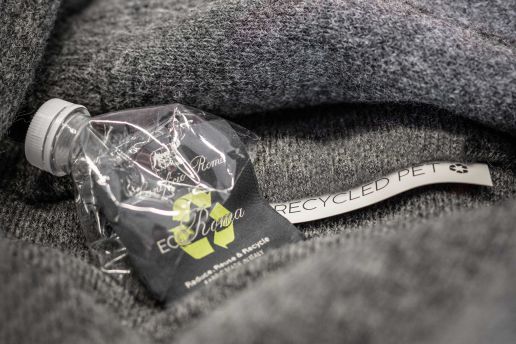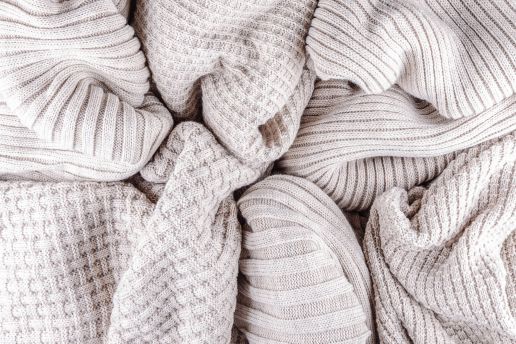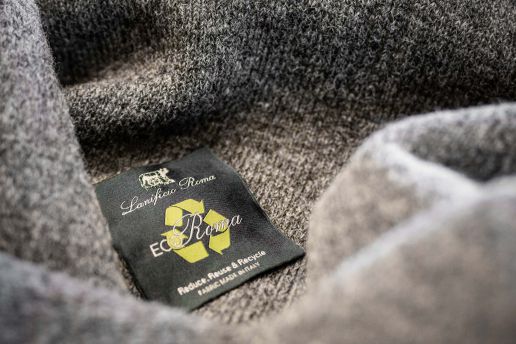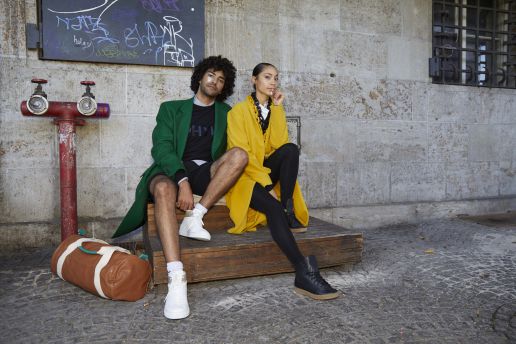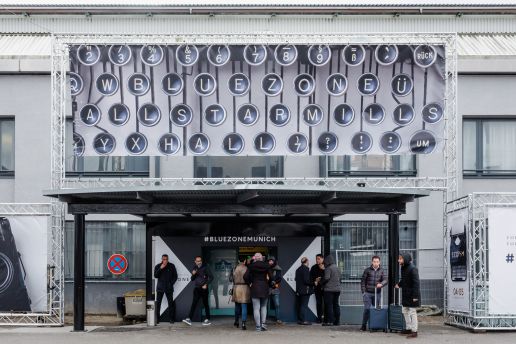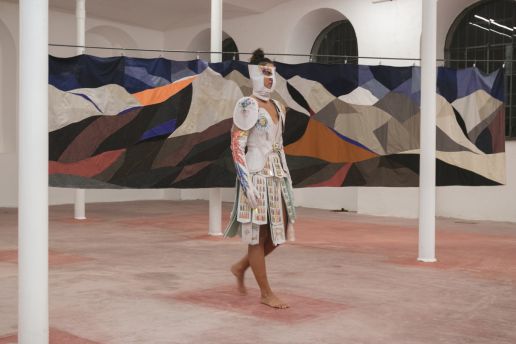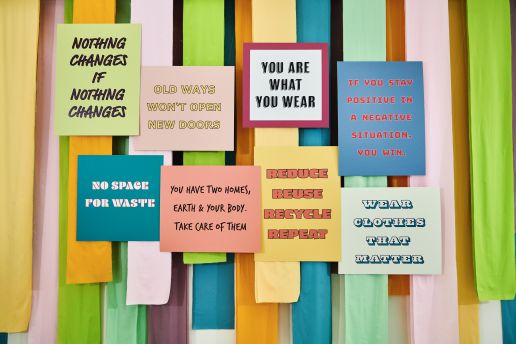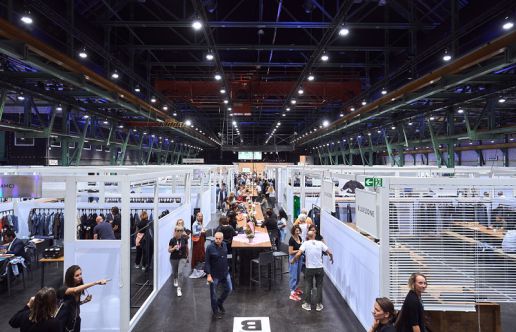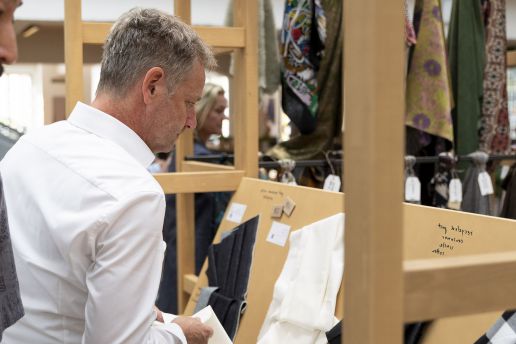Sustainability
Ask The Experts
Taking into account the focus on sustainability and innovation driven by THRIVABILITY, a new information concept has been integrated into the Trend Forum at the MUNICH FABRIC START Spring.Summer 21. At various communication islands in the foyer of the MOC, industry experts have provided impulses and answers to current questions, from the origins of the material to exploring the diverse range of production processes and end garment recycling.
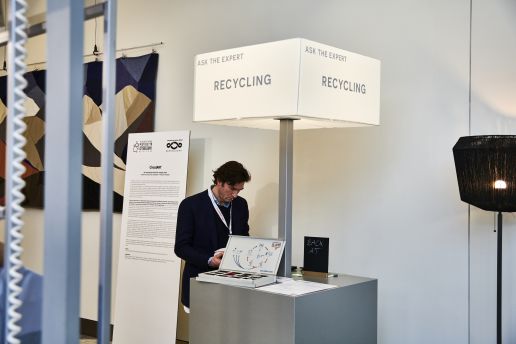
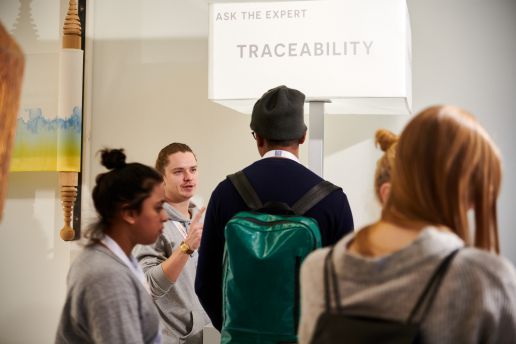
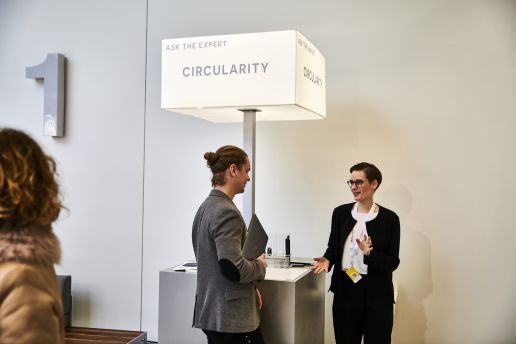
Through direct discussions, visitors gained valuable know-how, insights into topics and current solutions for both sustainable and innovative processes along the value chain:
CIRCULARITY // FIBERS & MATERIALS // MARKETING & COMMUNICATION
RECYCLING // RESPONSIBLE PROCESSING // SOCIAL RESPONSIBILITY // TRACEABILITY
We would like to thank all experts who shared their knowledge and experience with the visitors during the three days of the MUNICH FABRIC START:
CIRCULARITY
Ina Budde | Circular.Fashion
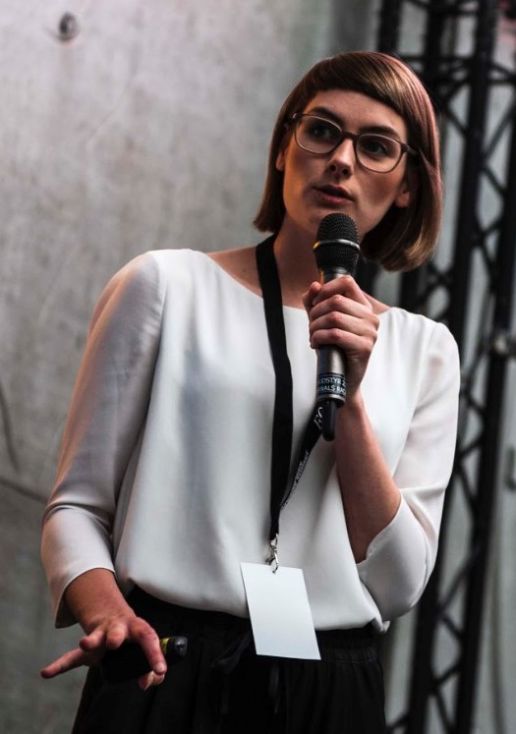
The future thinking designer Ina Budde (MA Sustainability in Fashion) is lecturer, entrepreneur and co-founded circular.fashion. Since 2013 she is working with circularity in fashion and textiles and in 2017, she founded the sustainable change agency circular.fashion together with the business developer Mario Malzacher. Additional to her work with circular.fashion, where she consults fashion brands such as HUGO BOSS and H&M, she gave workshops and lectures for sustainable design at several international universities such as RMIT Melbourne, KEA Copenhagen, RCA London, HAW Hamburg, ESMOD and AMD Berlin. Ina Budde is founding member of the global Open Source Circular Economy association and co-initiated in this frame the first Circular Textile Challenge Berlin. Her work was selected as sustainable innovator 2014 by LAUNCH Nordic and received the NEXT ECONOMY AWARD 2015 and the Global Change Award by the H&M Foundation 2019.
circular.fashion is a sustainable change agency creating product- and system innovation for a circular economy in fashion and textiles. The Circular Design Software supports fashion brands to design circular and sustainable products in a lean and efficient process, with the access to an extensive material database. With the circular.fashion system powered by the circularity.ID, a scannable label in the garment, all actors within the value chain are interconnected by giving each garment an identification, making sure that every step of a garment’s life cycle positively influences circular systems of fashion – so that the products of today become the resources of tomorrow. This system has been selected as one of the sustainable innovations 2014 by LAUNCH Nordic and received the NEXT ECONOMY AWARD 2015. Collections developed with the Circular Design Software received the lavera Green Fashion award 2015 and the Bundespreis Ecodesign Award 2017.

EXPERT INSIGHTS ON:
> Circular Materials: Identify recycling opportunities for your textiles and products
> Design for Longevity and Cyclability: Create products of endless value
> circularity.ID Open Data Standard: Leveraging data and technology for circularity
> Recycling partner network: Enable a reverse supply chain for fibre-to-fibre recycling
> Full Cycle product journey: Capture the products value through recommerce & recycling
Contact: info@circular.fashion
FIBRES & MATERIALS
Thomas Stegmaier | DiTF
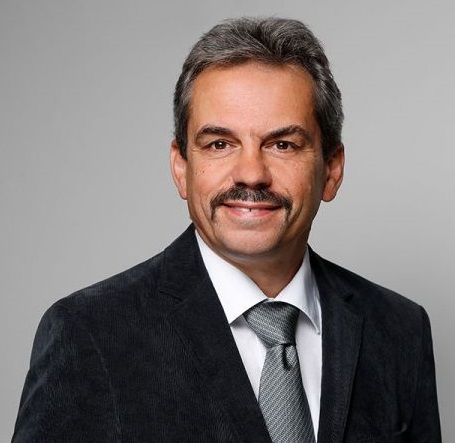
Thomas Stegmaier is Development Manager in research at the DITF (Deutsches Institut für Textil- und Faserforschung Denkendorf). After studying Textile Machine Construction and Control Technology of Machine Tools, he received his doctorate in Process Engineering at Stuttgart University. He then received his postdoctoral lecture qualification in Construction Engineering at Institute for Technology Karlsruhe. Since 20 years now, he works as Development Manager for technical textiles, surface technology, environmental technologies, bionics at DITF.
The DITF (Deutsches Institut für Textil- und Faserforschung Denkendorf) forms the largest textile research centre in Europe with more than 300 scientific and technical staff. As the world’s only textile research facility and covering an area of more than 25,000 m², the DITF work right across the textile production and value chains. Since 1921, they have been across all the major fields within textiles. They are among the leading research institutions worldwide.
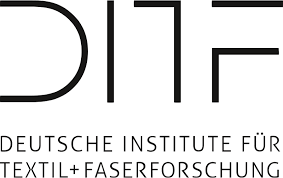
EXPERT INSIGHTS ON:
> What does organic really mean for textiles?
> Limitations of natural fibres
> Ways of recycling textiles
> Composites: Pitfalls for recycling
Contact: info@ditf.de
MARKETING & COMMUNICATION
Alex Vogt | KERN. Consulting
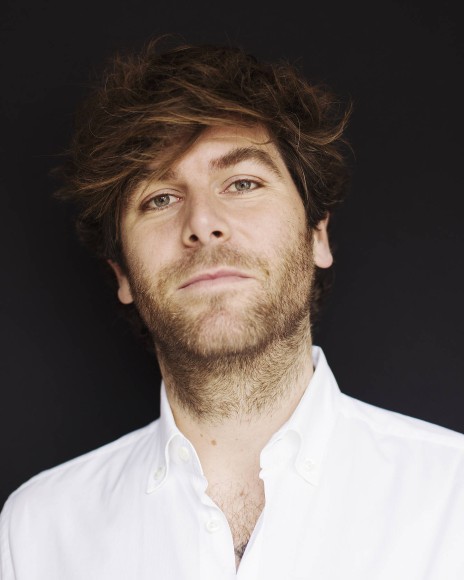
Communications and strategy consultant Alex Vogt sees the complex of innovation management and corporate responsibility as an essential prerequisite of future-orientated business thinking. He initially studied politics and history at the Goethe University Frankfurt and then came into contact with the sportswear and fashion industry through the surf and skateboard scene, going on to gain an MBA specialising in the textile industry at the private LDT Nagold Academy for Fashion Management. Before joining the communications consultancy KERN as a partner and devoting his full attention to the topics of innovation and CR, Alex Vogt held senior positions in fashion retail and marketing.
KERN. designs individual solutions to communicate forward-thinking business content. Go with the flow, let your mind wander and immerse yourself in a new world… KERN. is a strategy and communications consultancy with a focus on innovation and corporate responsibility. KERN. supports companies in the development and implementation of strategies, as well as working as communications consultants and journalists and creating complete graphic design packages. Its clients include companies from the retail and manufacturing sectors, associations and trade shows.

EXPERT INSIGHTS ON:
> Hot Spot- / Impact Analysis; Distinction
> Corporate Responsibility Language
> Moderation of Stakeholder Dialogue (B2B)
> Sustainability Reporting (Text, Layout, Production)
> Communication Concepts & Implementation (internal & external)
> Marketing, Campaigns & PR (B2C)
Contact: hello@kern.consulting
RECYCLING
Paul Doertenbach | I:CO
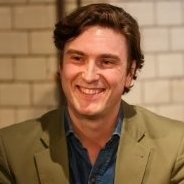
Paul Doertenbach is Head of Marketing and Sales at I:Collect GmbH, the parent company of I:CO. He joined the company 9 years ago after completing a bachelor at Munich Business School, and a MBA at University of Buckingham.
Restorative and regenerative by design, a circular economy industry approach can lead to positive change. Pre-loved clothing and shoes would circulate in closed product and material cycles and be used continuously in the manufacturing of new products. At I:CO, we are committed to this vision. Our innovative take-back system is helping make it a reality and is used successfully by many companies around the world today.

EXPERT INSIGHTS ON:
> Textile Recycling Today and Tomorrow
> End of Life Procedures
> Change Process
> Fibre 2 Fibre
> Closed Loop / Open Loop Recycling
Contact: info@ico-spirit.com
RESPONSIBLE PROCESSING
Tobias Glatt & Fabian Walda | bluesign® ACADEMY
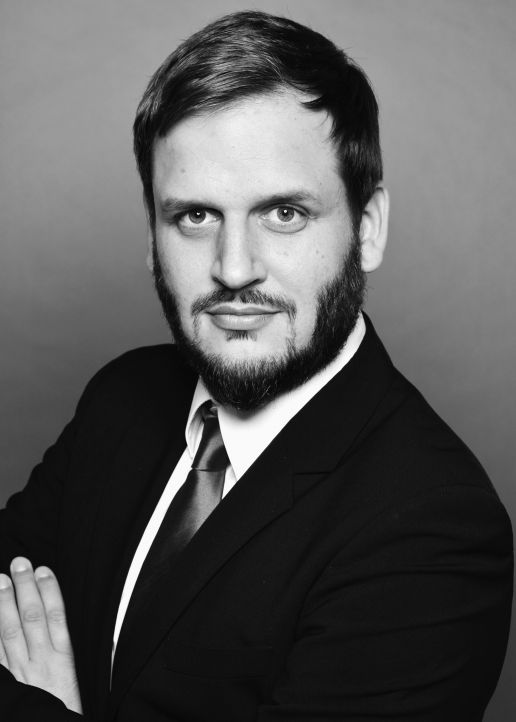
Tobias Glatt is Geographer, Auditor Integrated Management Systems and Energy Management Systems. He works for bluesign since 2009 in different roles and conducted more than 60 audits around the globe with focus on Environment, Health & Safety in textiles and accessories companies. Besides, he follows several sustainability projects, e.g. carbon footprinting, water footprinting and recycling.
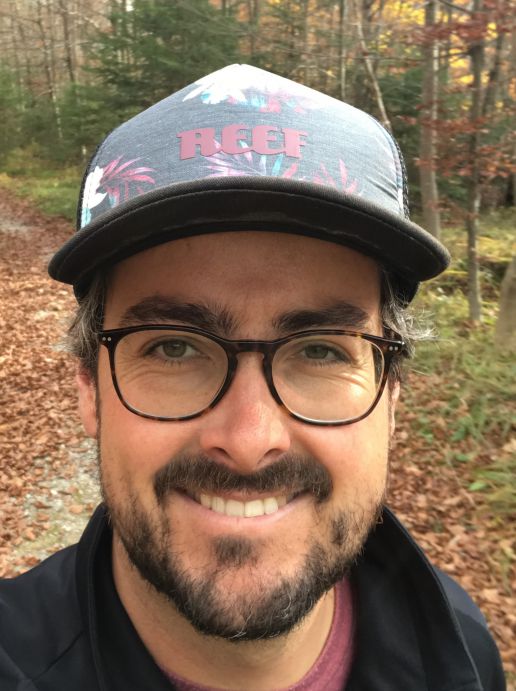
Fabian Walda is Dipl. Ing. In Textile and Clothing Technologies. Since 8 years, he is active at bluesign in technical orientated fields such as audits, international audit supervision and field trainings and lastly R&D projects around sustainable manufacturing.
At the bluesign® ACADEMY, we generate and disseminate knowledge on various EHS and sustainability topics in relation to textile and chemicals industry. This unique knowledge is the basis for improving and expanding the bluesign® SYSTEM as well as our services to stakeholders and the community: Training and lectures, support and customized solutions, consultancy, studies and projects as well as further development of the bluesign® CRITERIA and substance restrictions.

EXPERT INSIGHTS ON:
> Chemicals Management
> Resources, Consumer Safety
> Best Available Techniques and/or Environmental Friendly Processes
> Occupational Health & Safety
SOCIAL RESPONSIBILITY
Mark Starmanns | BSD Consulting
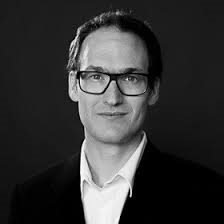
Mark Starmanns works as senior consultant at BSD Consulting Switzerland. His specialist areas are sustainable strategy, sustainable supply chain management, sustainability standards and living wages. He has been working on the topic of fair fashion in research and practice for more than 15 years. Besides working as Sustainability Consultant at BSD Consulting, he received a PhD on corporate responsibility in global clothing supply chains and is the co-founder of the fair fashion information platform GET CHANGED!
BSD Consulting – business. sustainability. development – founded in Switzerland in 1998, we are an international network of consultancy firms providing knowledge and solutions for sustainable development. BSD is now part of ELEVATE, the leading business risk and sustainability solutions provider.
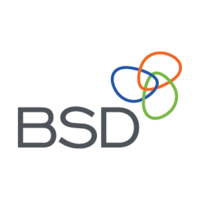
EXPERT INSIGHTS ON:
> Do I need a social Code of Conduct?
> Which social standard is the right one for me?
> Is it enough to outsource monitoring of my social standards?
> I produce in Europe – do I need to care for social standards?
> How do I implement living wages?
> How do I do a human rights risk assessment?
TRACEABILITY
Philipp Mayer | retraced
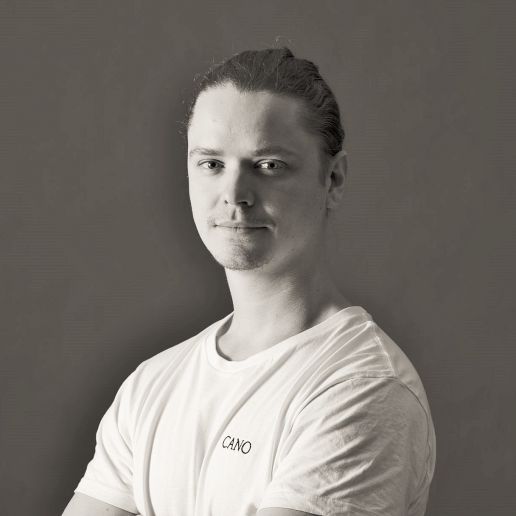
Philipp Mayer is the Co-Founder of retraced and the footwear brand CANO. He lives the entrepreneurial spirit: Directly after graduating from Fontys International Business School in Venlo, the Netherlands, he co-founded the CANO Clothing Company in 2016 and two years later the transparency platform retraced.
Little is known about how our favourite clothing items are made, under what labour conditions, which raw materials are used, and how the process is affecting our planet. End-consumers across the globe are starting to demand reliable, verified supply chain information in order to make educated choices about the products they consume. Retraced is a blockchain-powered transparency platform that allows brands to unlock relevant supply chain information and share their verified efforts in sustainability and ethics with their consumers.

EXPERT INSIGHTS ON:
> Supply Chain Transparency
> Blockchain Verification
> Sustainability
> Consumer Trust
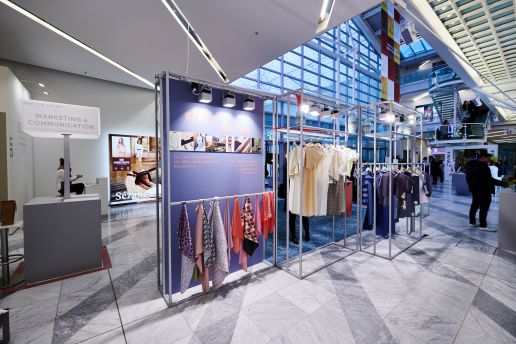
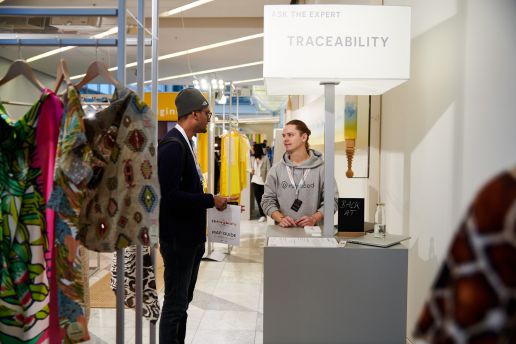
Growing Fair Fashion in Munich with GREENSTYLE
Due to the current Covid-19 situation and the accompanying event guidelines, this event has been cancelled or will be postponed to a later date. For more information, please visit the Greenstyle Hompeage.
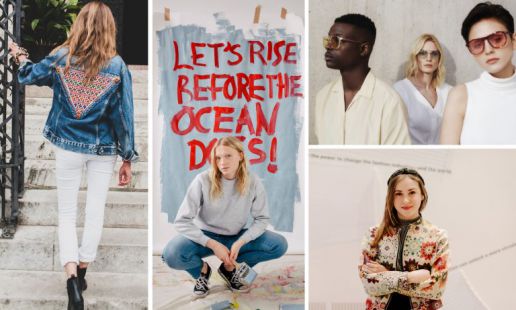
IT’S ON YOU TO BE THE CHANGE
Sustainability is in. But sustainability is more than a trend. Sustainability is THE defining topic of the fashion industry – now and in the future. With 50 brands and exciting approaches from recycling to upcycling to zero waste, circular fashion and innovative consumer models, the consumer format GREENSTYLE Munich brings various facets of sustainable fashion to the Isarforum in the Deutsches Museum in Munich from March 13th to 15th. The format creates lasting impact with exciting speakers from science, industry, trade and NGOs during the two day conference program.
We spoke with Mirjam Smend, greenfluencer, journalist, Fashion Revolution ambassador and the founder of GREENSTYLE, Mirjam Smend.
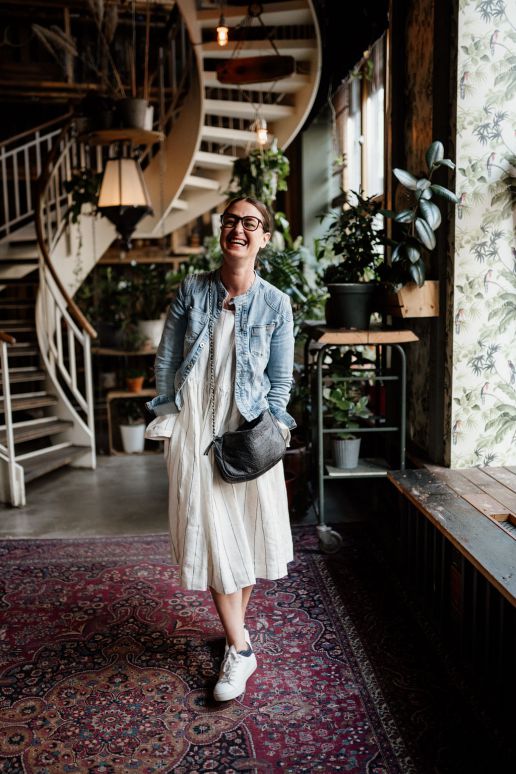
What can you tell us about the growing interest in sustainable fashion?
Interest has grown significantly over the past year. We can see that in the number of visitors and by the growing inquiries from exhibitors and the press.
Do you have any top tips for visitors who may be attending for the first time?
Be sure to bring time, because there are 50 great brands with exciting stories in stock. Also, our two day conference program with inspiring topics. There is (free!) fairtrade coffee, delicious vegan catering and of course the iconic GREENSTYLE vibes.
#letschangethatfashiongame
In what way is GREENSTYLE helping to spread sustainable fashion, especially among those who are unaware of the harmful effects of conventional fashion consumption?
With our brands, we are targeting people with an interest in fashion to show them sustainable alternatives. Contemporary fashion that was made with as little impact as possible for people, animals and nature. We have representatives on site who are showcasing alternative consumption models, for example, borrowing clothes reduces the ecological footprint by 70 percent and also allows for greater variety in the wardrobe. With the conference we want to enlighten, but also inspire. There are topics from the status quo of sustainable fashion to finding one’s own style, capsule wardrobes, and innovative shopping models as well we are especially excited to host a discussion on the impact of fashion on the climate with one of the world’s most renowned climate researchers.
GREENSTYLE makes Munich a sustainable hotspot again – this time as a partner of Munich Creative Business Week (MCBW), taking place March 7th – 15th in Munich.
GREENSTYLE FAIR
Bomber jackets made from post-consumer waste, product codes on textiles, alternative consumption models and rediscovered natural (hemp) and maximum innovative materials such as apple skin – with 50 brands , GREENSTYLE Munich shows different facets of sustainable fashion and at the same time remains the largest event of its kind since its foundation in October 2018. The successful “Meet the Maker” concept will also be continued at the 4th edition, because the direct contact between the brand and the consumer ensures the necessary transparency, which is one of the most important elements of sustainable fashion.
“Consumption is no longer a self-expression. Consumption is a responsibility. ”- Claudia Hofmann, Fashion Council Germany
GREENSTYLE CONFERENCE
The conference program for the 4th edition has once again been expanded. With over 30 speakers, solutions for a more sustainable fashion industry are discussed from different perspectives. Panel guests include Folkdays founder Lisa Jaspers, who calls for a supply chain law with #fairbylaw. Climate researcher Prof. Dr. Georg Kaser discusses the effects of fashion on the climate. Using apple skin, Hannes Parth has developed a material that offers a sustainable vegan alternative to petroleum based plastics. Thimo Schwenzfeier, Show Director NEONYT, gives after their most successful B2B event in January 2020 insights into the sustainable development of the fashion industry.
Georg Dieners, Secretary General of OEKO-TEX, Wonder Wardrobe founder Daria Andronescu, brand expert Holger Petermann, SOFFA founder and Fashion Revolution Greece manager Fiori Zafeiropoulou also sit on the podium.
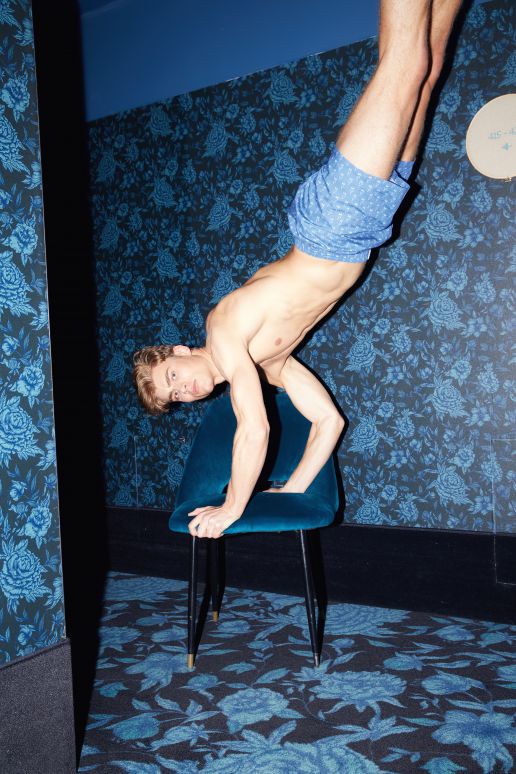
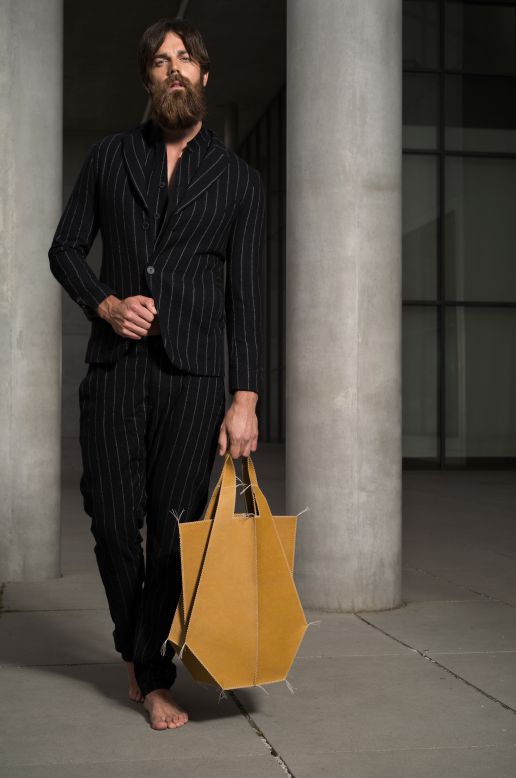
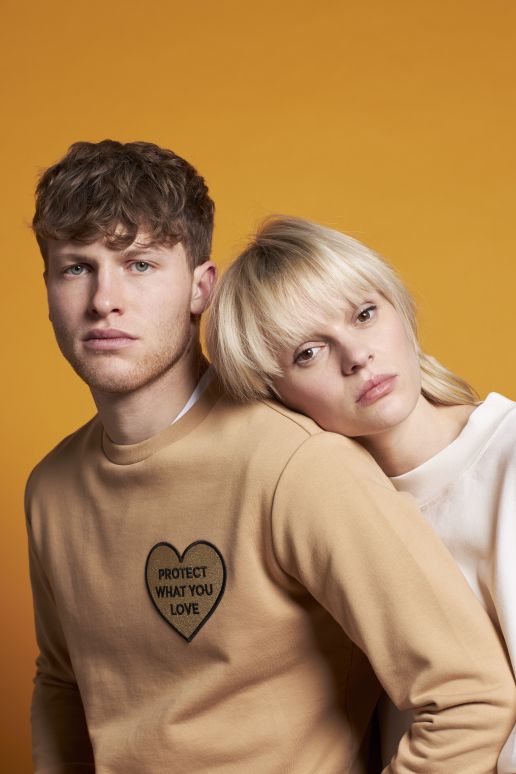
THE DETAILS
Where: Isarforum in the Deutches Museum, Ludwigsbrücke 1, Munich
What: Trade fair & conference with approx. 50 brands, 30 speakers
Why: … because sustainability is more than just a trend
When: March 13th -15th, 2020
Working hours (for public): Fri 5pm – 10pm, Sat 10am – 7pm, Sun 10am – 5pm
Admission (3 Day Ticket for Conference Fair): 10 euros (children up to 16 years free)
All information: greenstyle-muc.com
Ecosim – BLUEZONE Presents Denim Beyond the Seasons
ECOISM
Reject egoism, create ecoism, rewrite your future.
Our world needs to spare a thought… consumption, mass production, benefits and our ecosystems. ECOISM thrives on our need for a better world, for true sustainable solutions and the rethinking/overhaul of our industrial blue planet.
In a denim world moving at social media speed, denim trends are key to benefit end consumers and the industry with a clear direction. The BLUEZONE trend direction is split into two main categories to reflect our present and our future: themes which directly address fabric and product development, such as NO STRETCH or BLUE WELLNESS. And themes which tackle the important trending styles in our world, such as POWER DRESSING and ANTI BEAUTY.
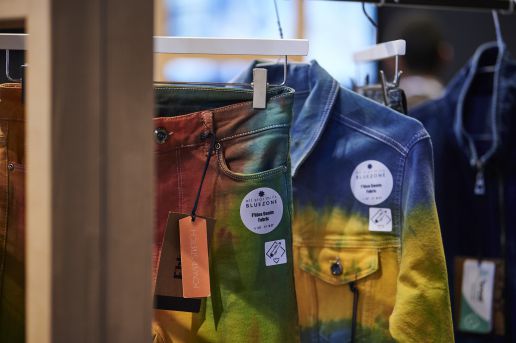
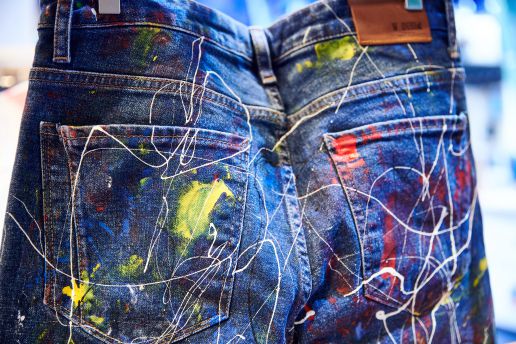
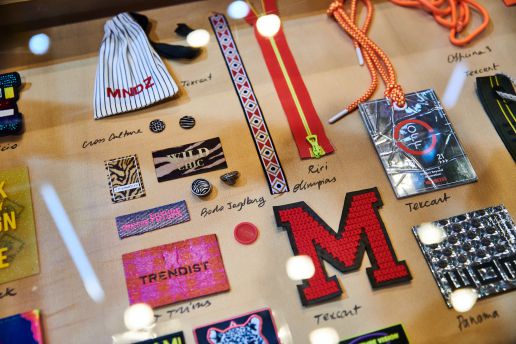
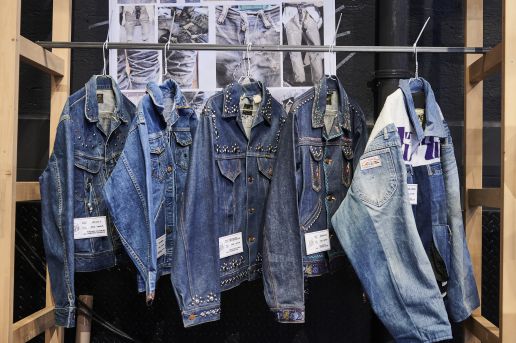
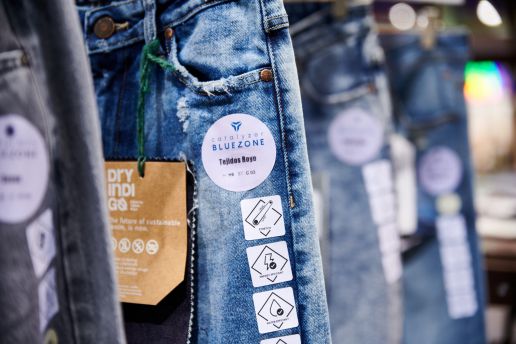
SHARING becomes more than a simple theme, it is the space where business becomes altruistic, where growth rhymes with sharing profit: A different way of conceiving denim in our modern world. “Sustainability is not a trend, but every trend should be sustainable.”
The following trend directions develop under the main topic ECOISM:
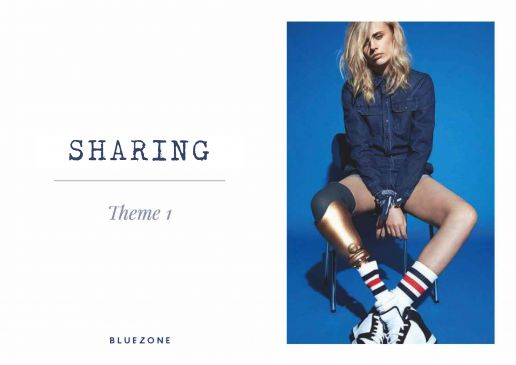
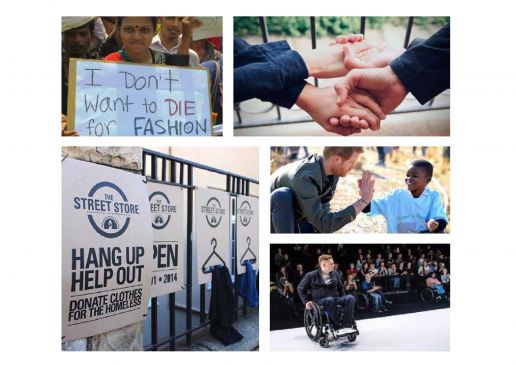
SHARING
Altruistic manufacturing, altruistic products, brand initiatives. Think: Products made in collaboration with people in need, small associations, handicapped. Products in which the benefits go to those in need.
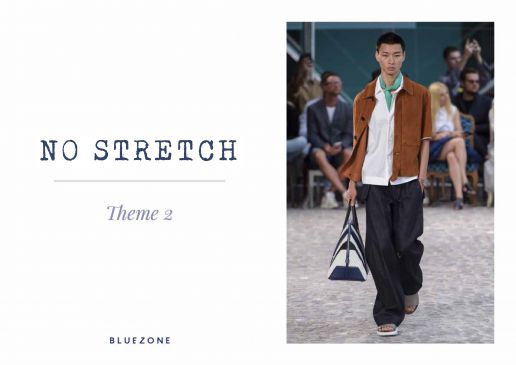
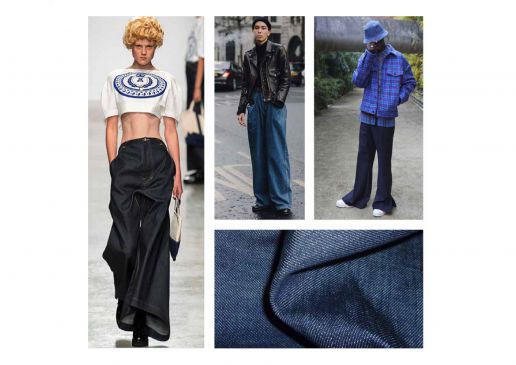
NO STRETCH
Novelties without stretch…male & female, gender neutral. Think: Wider fits are their way to becoming mainstream and need a new generation of more rigid, more compact fabrics. Trend looks are more relevant with crisp somewhat rigid denim. Surfaces might be soft but compact weaving is key.
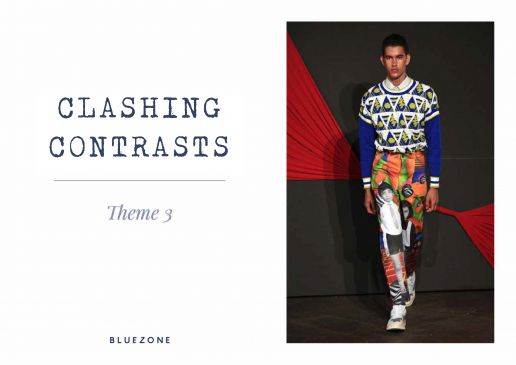
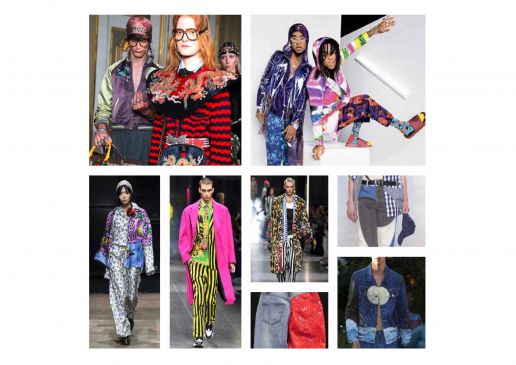
CLASHING CONTRASTS
A revolution in taste is key. Printed denim, coloured denim, and striped denim. Think: Jacquards, fancy weaves in unusual patchworks, layers, colour blockings. Strange visual matches, creating the antidote to harmony.
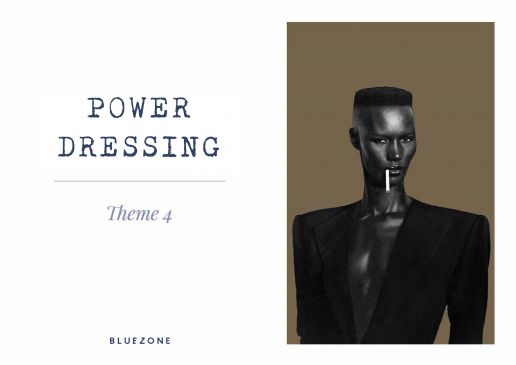
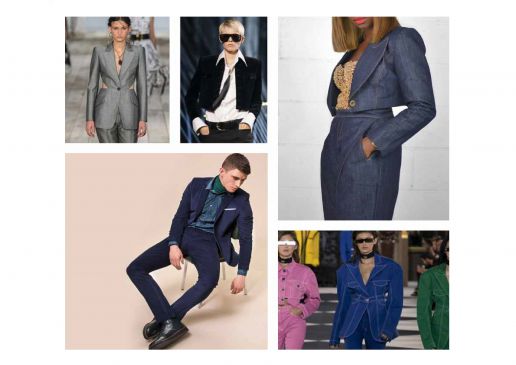
POWER DRESSING
Power dressing for a tough future. When politics go wrong, power dressing strikes back. Think: Business denim with a stylish twist. Power dressing also for men.
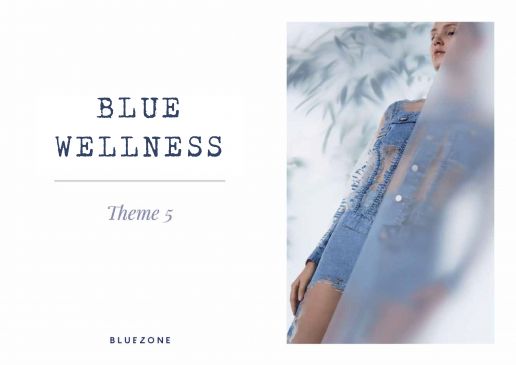
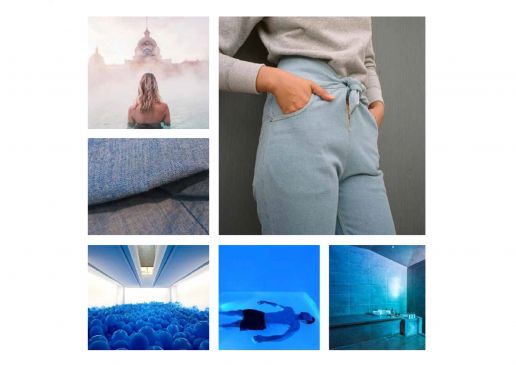
BLUE WELLNESS
The need for a soothing denim product. Denim that takes care of your skin, brain & body. Think: Fibers, coatings, ingredients, softness, anything that makes you and your body feel better.
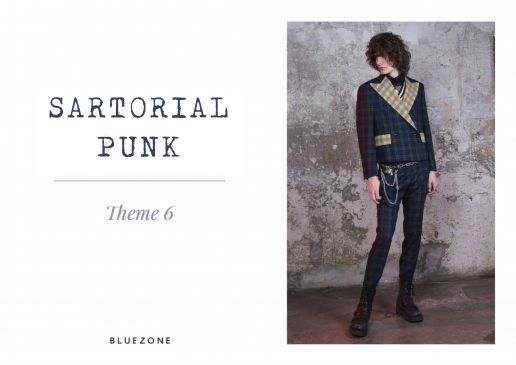
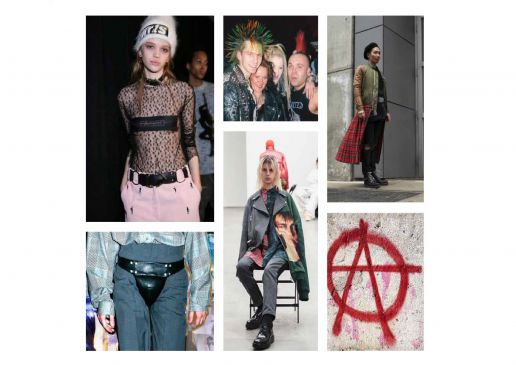
SARTORIAL PUNK
No future. Sartorial denim against Friday wear. A punk attitude with elegant codes. Think: Bleached and spotted denim. Black, grey, white denim, stretch and rigid fabrications.

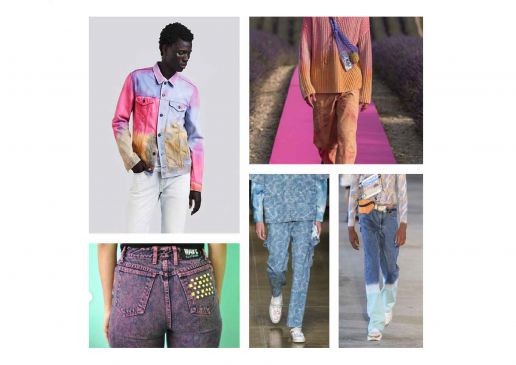
ACID PASTELS
The key is subtly in the effects. Acid fade-outs. Gritty yet pastel tenderness. Flowers, flowers, flowers … &animals, prints and solids. Think Acid effects on denim are key and tend to stay for some time. What is the next generation of acid and pastel effects on denim …
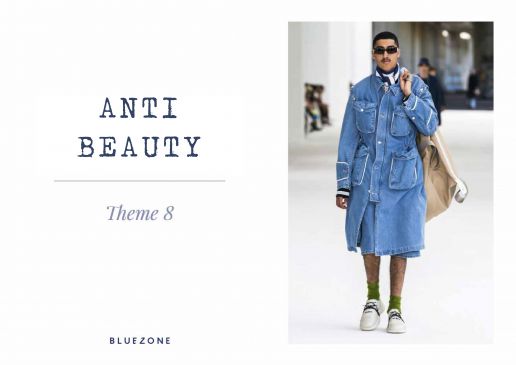
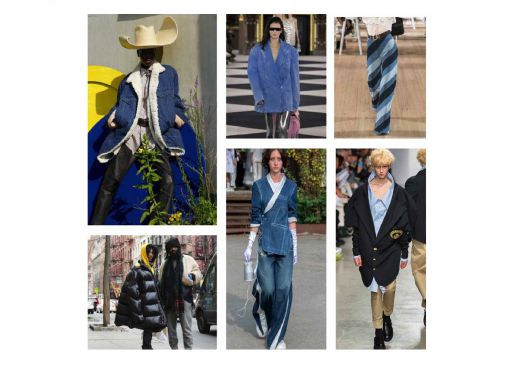
ANTI BEAUTY
Strange is the new beauty. Strange denim, strange products. New aesthetics, new proportions, sartorial, oversized, asymmetrical. Think: Flat-finished denim, reactive dye denim, Indigo denim.
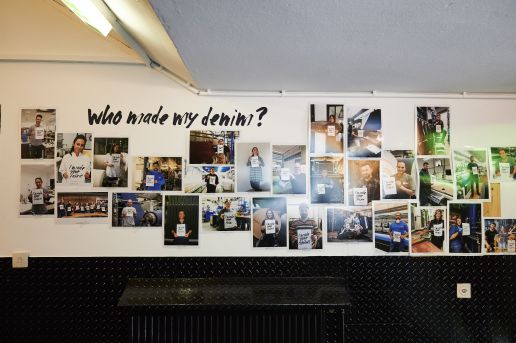
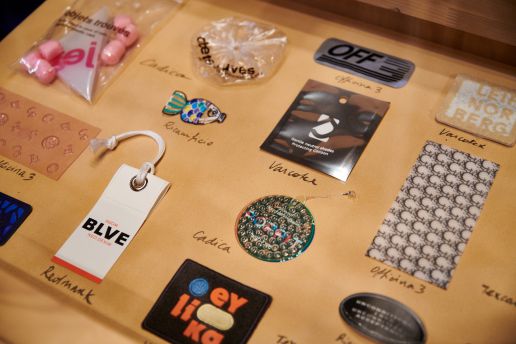
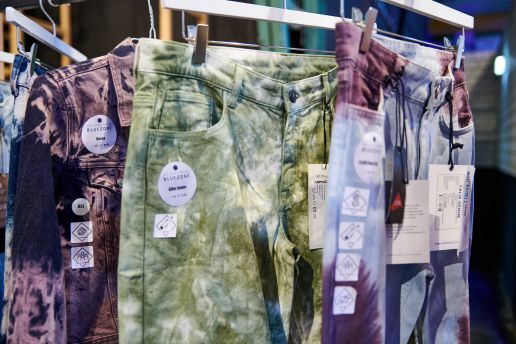
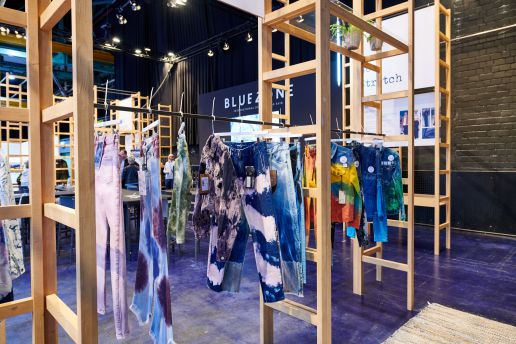
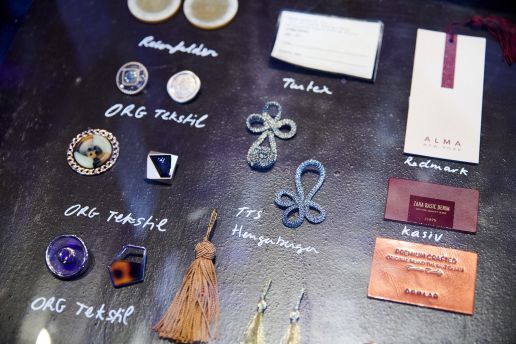
CirculART – A Holistic Approach to Sustainability
The project CirculART is the result of 10 months of cooperative work by a group of companies that can be defined as representatives of the sustainable textile production chain, from yarns to the final product and accessories.
Those organizations have chosen to embrace the idea of sustainability and decided to evolve their businesses in an innovative and far-sighted way. Four invited artists have metaphorically inserted themselves between the warp and weft of the life cycle of clothing and turned themselves into an intersection point through which the public can observe the textile production processes, creating different attitudes towards the products we buy.
The aim of the project is to bring artistic research to question the different processes constituting the textile production chain.
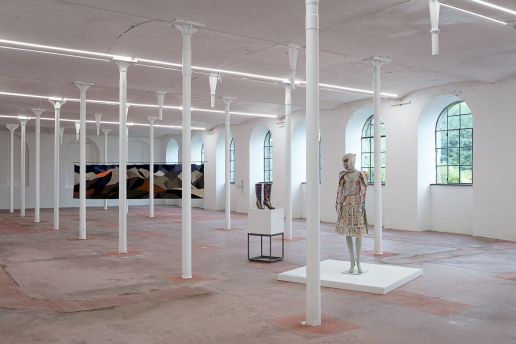
We believe that the artworks which emerged from this project could have an interesting different point of view on sustainability in the textile industry: the artworks should be seen as a way to start a conversation about the relation between production and its various impacts – on the landscape and “local” communities, natural resources, production and labour in the global and local market, the usage of raw materials and the item of clothing in its symbolic value.
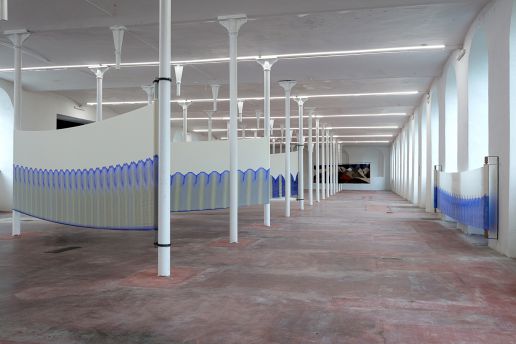
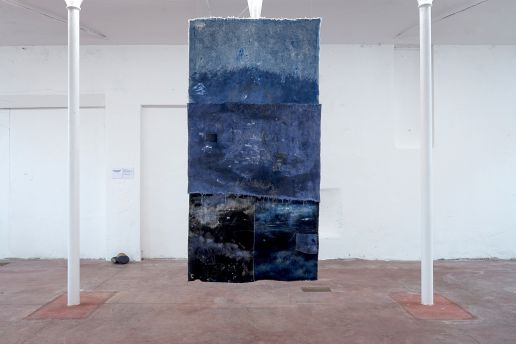
In the development of the artistic project, the four artists have investigated in depth the textile production processes, not focusing on a single phase but considering the meaning of sustainability in the whole textile supply chain: Starting from the use or reuse of raw materials like wool, wood, cotton, used garments and production leftovers to garment finishing and the production of accessories like labels and zips. They have engaged with people who – for each company involved – explained in detail the production operations, the use of natural resources like water, woods and pastures as well as the relationship between production and globalisation. The project is inspired by the idea of circularity, being a basis for discussion about the textile and fashion production. With the intention of making the importance of the supply chain visible – through the artistic thought – but also to question the role of the consumer.
Companies: Brugnoli Giovanni S.p.A., Filatura Astro S.r.l., Lampo – Giovanni Lanfranchi S.p.A., Lanificio F.lli Cerruti, Lenzing Group, Officina +39, Ribbontex S.r.l., RGT Ready Garment Technology Italia, Tessuti di Sondrio.
Artists: Laura Harrington (UK), Silvia Giovanardi (IT), Juan Manuel Gomez (COL), Emanuele Marullo (IT)
Curated and produced by Cittadellarte – Fondazione Pistoletto (Biella – IT)
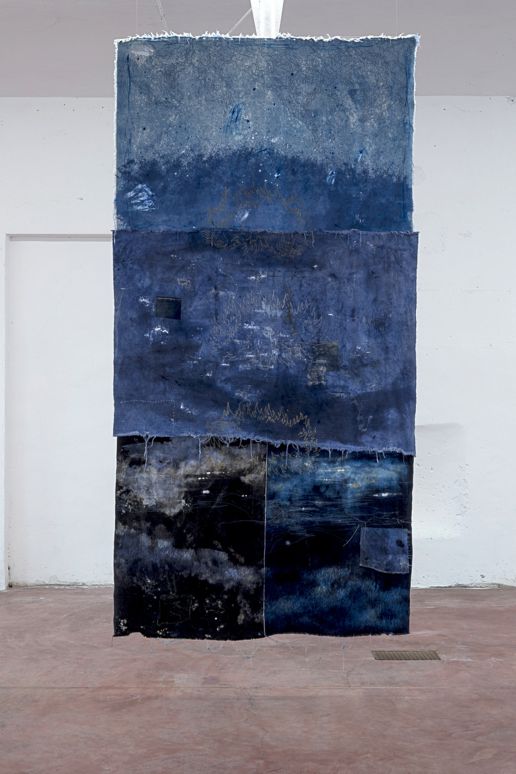
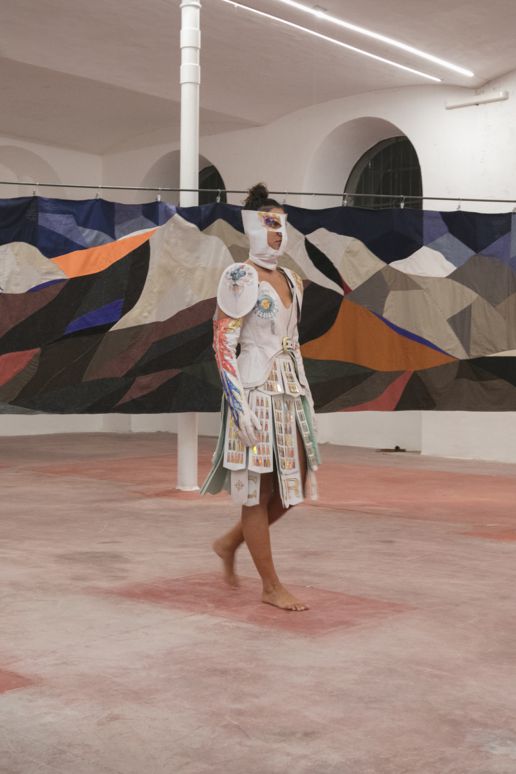
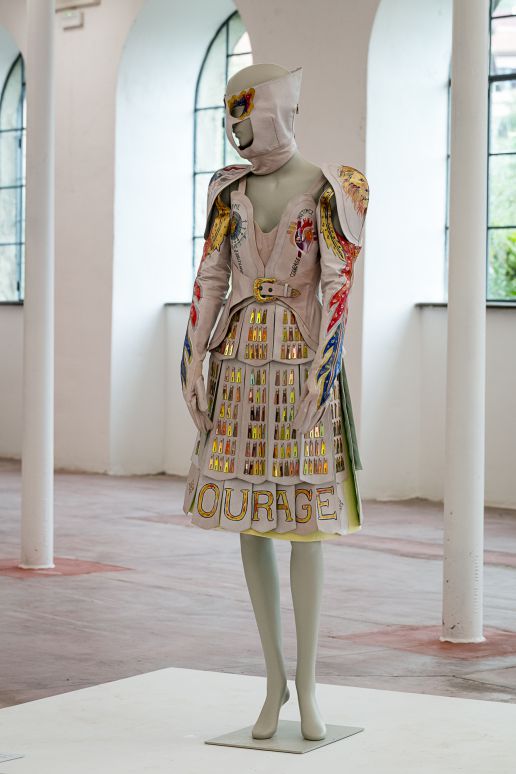
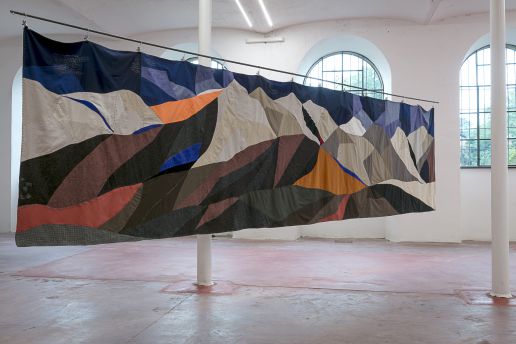
Further information about the upcoming shows for 2020 can be found here.
VIEW PREMIUM SELECTION: 14. – 15. July 2020
MUNICH FABRIC START: 1. – 3. September 2020
BLUEZONE: 1. – 2. September 2020
Focus On Thrivability at MUNICH FABRIC START Spring.Summer 21
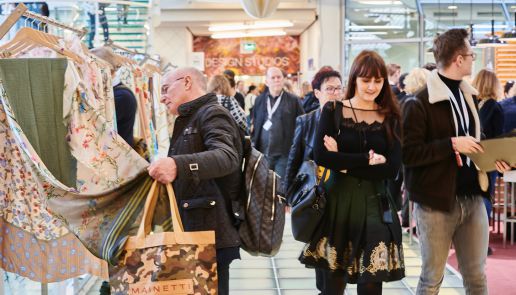
A PARADIGM SHIFT TOWARDS HOLISTIC SUSTAINABILITY
A new level of sustainability, digitalisation, transparency, a growing need for information and the desire to inspire - that's what the Spring.Summer 21 season stands for
The MUNICH FABRIC START with BLUEZONE, KEYHOUSE and the individual showcases presented by around 1,000 international suppliers of fabrics and additionals successfully introduced the Spring.Summer 21 season from 04 – 06 February in Munich. The approximately 18,400 international trade visitors were offered a broad spectrum of strongly positioned collections with innovative product and trend statements that demonstrated a new awareness of ecology and the increasing relevance of natural looks and resource-saving materials.
The MUNICH FABRIC START has shown very clearly that this fair format is convincing as a strong industry platform in times of changes and major challenges. Thanks to the professionalism and sovereignty of all those involved, the necessary responsibility to approach the reorientation of the market constructively and in a solution-oriented manner has been created. We have experienced this willingness in numerous discussions with exhibitors and visitors during the three intensively used days of the fair. We therefore feel confirmed in our current and future orientation.
Sebastian Klinder, Managing Director MUNICH FABRIC START

The design team of Boss Women emphasizes not only the good atmosphere but also the high-quality and quantitative offer:
We enjoy the relaxed atmosphere here in Munich. All the important suppliers are on-site, so we can work excellently. The main topic is of course sustainability and the correspondingly wide range of natural materials such as linen as one of the favourites for summer 21. There are also very innovative jerseys, bondings and neoprene knittings as new and exciting materials.
This was also confirmed by Theresa Austin, Advisor AKOJO MARKET, Co-founder Paris UIUX, LVMH Group Digital:
I thoroughly enjoyed my time at Munich Fabric Start. The Bluezone and Keyhouse, in particular, were eye-opening for me and I was very impressed at the number of suppliers working with innovative new technologies and methods to produce in more sustainable ways. It was a great showcase of sustainable innovation and it was very inspirational to speak with so many experts on such a key topic. I left both motivated and educated, with a lot to share back into my work.
Further background information on the main theme, the innovations of the season and the trade fair highlights can be found on our HOMEPAGE and in the PREVIEW PRESS RELEASE. High-resolution pictures can be found in the PRESS GALLERY.
FOCUS ON THRIVABILITY
The guiding theme THRIVABILITY met the current mood of the industry, in which future-oriented entrepreneurial spirit meets enthusiasm and a changing understanding of values.
In Munich, it became very clear that the era of sustainability is currently determining all talks and discussions in the textile industry. The tenor seems unanimous: The industry is on the right track and now it is time to take responsibility, turn information into action and create transparency.
Claudia Lanius, Lanius, highlighted the positive approach to a new form of open-mindedness:
The largest portfolio of sustainable products is on display here in Munich. Such a broad spectrum in this density cannot be found anywhere else. All major suppliers are on-site. In addition, there is an excellently staffed accompanying program of panels and discussion rounds. The acceptance of sustainable topics is increasing all the time, which is a very positive development overall. This is also reflected in the competent awards for articles in the ReSOURCE Area.

The increasing interest in sustainability, certifications and future-relevant topics confirms Franziska Dohrmann, GOTS:
Our contact to major brands is clearly increasing and the interest in certified articles is growing. Already on the first day of the fair, we recorded a strong visitor frequency with very good discussions. The increasing acceptance is also reflected in the highly attended lectures of the ReSOURCE Forum.
INFORMATION, RESPONSIBILITY AND TRANSPARENCY IN DISCUSSION
The different aspects, innovations, collaborations and communication concepts were also the focus of the numerous well-attended side events at KEYHOUSE, the ReSOURCE Area and BLUEZONE.
As a trade fair organiser, we also see ourselves in the role of an impulse generator that can generate a corresponding reach. Therefore, we attach particular importance to a qualitative and varied supporting programme which, thanks to international experts, offers an insight into current innovation topics, problems and solutions and thus forms the basis for transparent knowledge transfer.
Frank Junker, Creative Director MUNICH FABRIC START
Right at the start on Tuesday morning, trend forecaster David Shah addressed precisely these challenges in his enthusiastic Keynote „The 10 Design Pillars of Design“. The publisher and CEO of View Publications drew scenarios of new retreat possibilities and the search for structures and simplicity in times of digitalisation and diversification.
The panel discussion on the subject of “Future Textile Supply Chain” with international experts also provided new thought-provoking impulses on how the textile chain can be transformed through sustainable solutions and networking. In addition to transparency, intensive communication with consumers and the development of technologies, product development, quality and aesthetics should not be forgotten as indispensable criteria.

The textile value chain is currently being radically rethought. Every company has to deal with these impulses and develop individual concepts. One thing is certain: in the future, too, only those companies will be successful whose fashion fascinates and who act in an economically sensible manner. Digital processes, decentralized production, smaller batches, shorter lead times, comprehensive transparency and new circular business models – it remains exciting to see which of these developments are scalable and when. One thing is certain: now is the right time to develop principles for dealing with the new perspectives for your own company. In view of these fascinating prospects, a 90-minute expert panel on “Future Textile Supply Chain” is just enough to scratch the surface of the new possibilities.
Alexander Vogt, Kern. Consulting
INNOVATIONS, FUTURE MATERIALS & NEW TRENDS
Knowledge, transparency, quality, responsibility and communication influence the current multitude of product and process innovations.
Linen, both pure and blended with cotton, is the big favourite for the season Spring.Summer 21. Other material innovations were super-stretch silk, recycled polyester, Ecovero-Tencel linen, Naia and Cupro fibre blends or hemp textiles – the constant reference to natural fibres and surfaces was clearly visible.
The theme of Li Edelkoort’s exclusive trend seminar underlines this statement. In her two-hour “Green Wave” lecture, the internationally renowned trend expert presented her interpretations of Spring.Summer 21. Here, too, a rethinking of natural materials and looks was clearly evident. In her outlook on Autumn.Winter 21/22, she favours White as a global colour, on which new structures, styles and designs are based.

BLUEZONE – Reject egoism. Create ECOISM. Rewrite your future
The denim industry is facing new challenges, which the Blue Community faced as an optimistic and international community at BLUEZONE under the ECOISM theme.
The strong network of over 100 major international brands and numerous denim experts was looking for answers to a conscious consumer approach and a growing interest in ready-made solutions that offer future-oriented products, state-of-the-art technological processes and complex functionalities.

Current topics that determine the denim market were discussed in depth in lectures and international panel discussions. The Rivet 50 Talk on the topic of “2020 Vision” on the first morning of the fair gave an outlook on companies, technologies and fashion in the next decade. One of the key statements highlighted the changing demands of consumers – stationary retail can only survive with new concepts, such as offering sustainable fashion, vintage, and repair stores under one roof. This is precisely why the denim community must move closer together.

Alberto Candiani von Candiani confirms that the community spirit of the ECOISM guiding theme determines the future:
ECOISM – I love the concept, the slogan, the theme of this year’s BLUEZONE. It’s about green innovations, which must be visible and tangible, and about consumers who are better informed than ever before and are looking for a new way of consuming. We, as the Blue Community, are responsible for a massive change that will transform what is considered a “polluting” industry into a green model based on sustainable innovation and circularity. Denim can be seen as the most popular, “democratic” and perhaps “invasive” fabric ever made on the planet – and we, the Ecoists, want to change denim to become the representative flag for this revolution.
KEYHOUSE – A STRONG NETWORK OF CREATIVE MINDS
The think tank of MUNICH FABRIC START offered concrete approaches for a future-oriented textile and fashion industry. Information, transparency and interaction stand for an inspiring network of innovative projects and sustainable collaborations.

Munich Fabric Start’s advanced platform, KEYHOUSE, has been paving the way into the future for some time now, connecting innovators and the industry. The innovation space, which brings together game changers and pioneers, successfully gives traditionalists in the textile industry a glimpse of the future. KEYHOUSE provides the space for superstars of fashion technology to present new technologies, sustainable developments, expert workshops and trend seminars. I would easily describe KEYHOUSE as the “Department of Innovation” for fashion companies.
Muchaneta Kapfunde, Founding Editor-in-Chief FashNerd.com
In her keynote speech “Rethinking the business of fashion”, Muchaneta Kapfunde called for a rethinking within the fashion industry. The change is possible and necessary due to the influence of digitalisation and technology. Examples of fundamental changes are block chain transparency, compostable packaging, on-demand solutions and the production of textiles based on dairy products.

In the panel discussion of Sportswear International, international experts discussed how automation, digitalisation and localisation will change the global fashion market and what impact these new standards will have on CSR issues and sourcing structures.
Once again, the SUSTAINABLE INNOVATIONS Area at KEYHOUSE, curated by Simon Angel, received great attention. He emphasized above all the openness of the visitors to the complex topics, to new materials and material extraction. He said that particularly pleasing was the willingness to exchange ideas, form networks and thus strengthen the community of all those involved within the textile and fashion industry.
The Keyhouse has a unique energetic atmosphere with very inspiring visitors. Especially exciting was the great interest in holistic sustainable concepts that go into depth. So the industry is definitely on the right track
Chandra Prakash, Founder & CEO Cocccon
The future of the textile industry was not only discussed in the seminars and lectures – the MUNIQUE MOODS party on the first evening of the fair also provided an opportunity to strengthen the community and exchange information. Around 1,500 guests gathered in an elaborately staged and specially built palace tent.

Hardwear: The Sustainable Denim Wardrobe
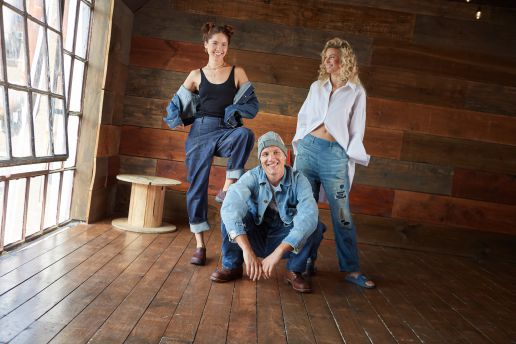
‘Hardwear’ The Sustainable Denim Wardrobe is the collaborative project between TENCEL™ X JEANOLOGIA® X ENDRIME®, made at BLACKHORSE LANE ATELIERS. This garment collection is the result of a unique project, whose focus was to create a true workwear wardrobe based on TENCEL™ Denim fabrics.
The TENCEL™ Denim Team and Jeanologia® Brainbox Team have worked in partnership on many previous projects. Following their attendance at a Denim History lecture at BLUEZONE by MUNICH FABRIC START, they were inspired to connect with the presenter to discuss the possibility of a collaboration. Following a subsequent visit to husband and wife team, Mohsin Sajid and Sadia Rafique from ENDRIME®, in their West Sussex design studio, the ‘Hardwear’ concept was born. Mohsin has garnered a solid reputation as a modern vintage denim designer, while Sadia has expertise in art direction and graphic design.
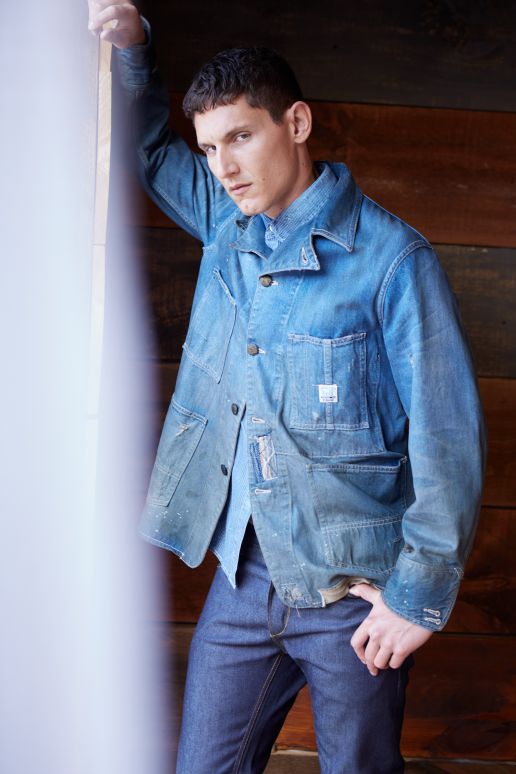
The brief was to design an authentic workwear collection, inspired by vintage garments from the ENDRIME® archive, using only the latest commercial TENCEL™ Lyocell fabrics, complimented by the application of the latest laundry technologies from Jeanologia®.
“This collection was a real challenge for us, but it was also great fun as we reached back into our own vintage collections and were able to apply all the learning that we amassed from our “Truth & Light” collections”, says Jeanologia® Brain Box Creative Director, Carme Santacruz Zaragozá.
Eight fabric mills were chosen to collaborate, A&A Textiles, Atlantic Mills, Blue Diamond, Kaihara, KG Denim, Orta Anadolu, Stella Blue and, last but not least Candiani, who agreed to supply their 2019 ITMA Sustainable Innovation award winning fabric which is a 50/50% blend of TENCEL™ x REFIBRA™ Lyocell and recycled cotton.
“This project was a real departure for us, because this denim category has historically been the domain of 100% cotton. We wanted to challenge that model and we did so by going to partners who are recognised for their expertise in this area” says Michael Kininmonth, Global Denim Development Manager for the Lenzing Group. “As always, we aim to work with what we believe are some of the best sustainably produced denim fabrics available in today’s market that combine the latest advancements in fibre and finish”.
The prototypes were pattern-cut and made-up at the ENDRIME® studio, using vintage machinery. Every detail was well considered and used iconic details from garments that dated from as early as the 1870s through to the 1940s. YKK manufactured and supplied custom designed period-correct inspired Carved in Blue buttons, with washer and burr rivets made in their most eco finishes. The prototypes were then reproduced at Blackhorse Lane Ateliers in East London, a maker of ready-to-wear selvedge & organic raw denim jeans renowned for their quality, community and eco-consciousness.
“Being asked to design an authentic denim collection using TENCEL™ Lyocell has been a dream project for Sadia and I. It has been a joy for us to create and has been a true collaborative project, it’s been a career highlight”, concluded Mohsin Sajid.
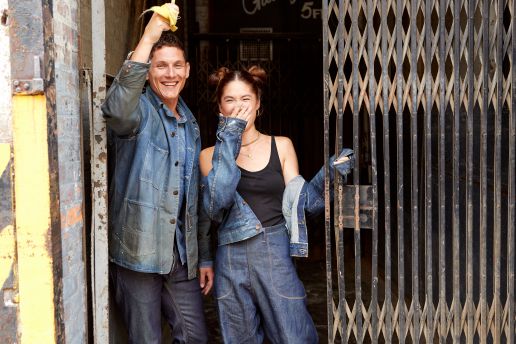
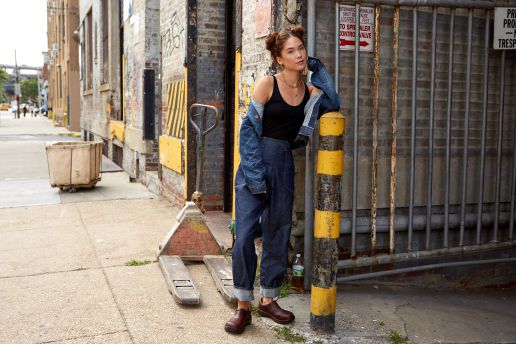
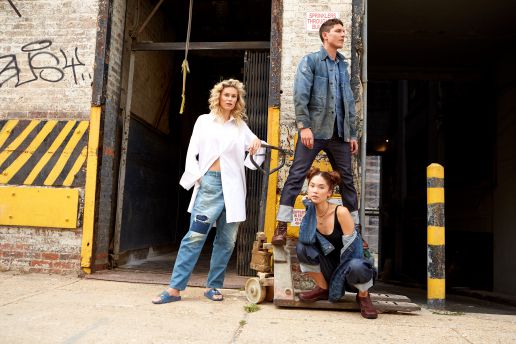
For more information about the HARDWEAR capsule collection from the Sustainable Denim Wardrobe, contact denim@lenzing.com
Yünsa: Pioneers in Combining Sustainability and Digitalisation
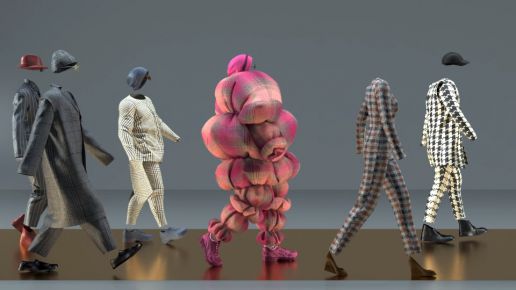
Brands, suppliers and retailers evaluate to digitize their value chain to reduce time in product development, gain cost efficiency and increase their eco-consciousness. Those brands and suppliers who prevent a digital option gain a significant competitive advantage over those that remain static.
We interviewed YÜNSA, as pioneers in the combination of sustainability and digitalization, they will offer a 100% digitalized collection in Spring.Summer 21. This and all successive collections will consist of fabric hangers for quality and hand feel reference as well as digital design and colour cards which are constructed and visualized in Penelope. Improvements in product development are expected to be up to 40% in terms of speed, cost and sustainability.
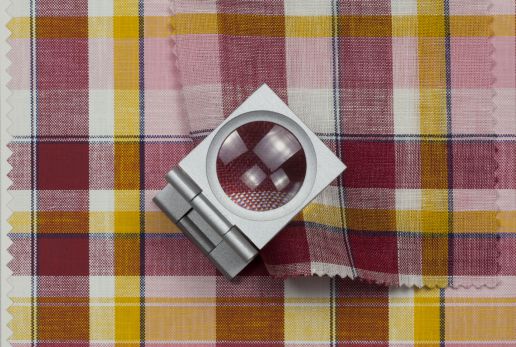
Digitisation goes hand in hand with sustainability, how are the digital connection tools used alongside the value chain to ensure sustainability?
Sustainability is not only about the raw materials but also the production process, chemical usage, waste management as well as time and energy consumption. Conventionally, as much as 80% of blankets and sample fabrics produced for either collections or customer requests were wasted and could not be used. If there are any mistakes in the finishing applications, fabrics need to be repaired and thus increases chemical usage and energy consumption, creating additional waste and pollution.
Digital product management is completely clean and fast. Developing a new pattern and colour variant takes less than an hour and is open to numerous corrections. With the possibility of simultaneous sharing via the cloud it does not rely on standard transportation methods which wastes time and resources. No waste, no pollution, fast and cost efficient.
What challenges have you faced throughout this process?
The biggest challenge is the resistance of the colleagues, managers and shareholders to the digital transformation. The industry and the laborers of our sector are very conservative in getting out of the traditional way of working. Financial and technical difficulties are easily overcome, as long as the team is open to change, believing in its benefits and supporting the process. We are lucky that Yünsa has an experienced, dynamic and enthusiastic team. Transformation is supported by the whole company. At this point, we should send a very special thanks to our information technologies team.
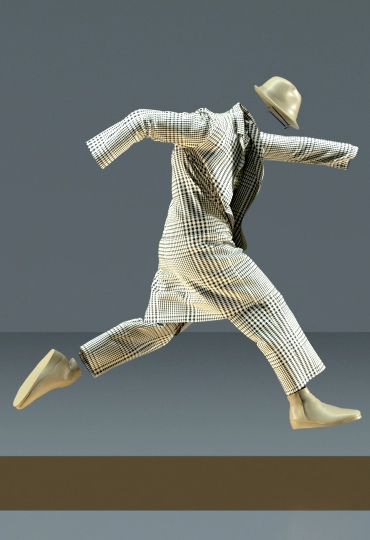
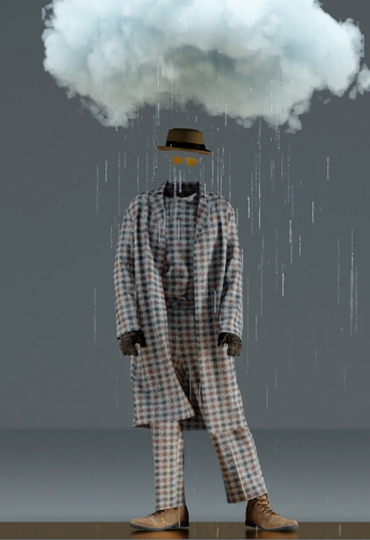
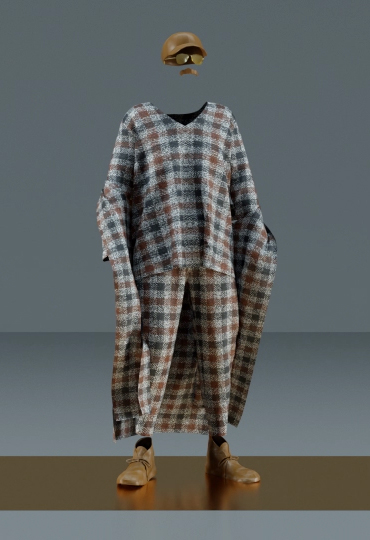
What were the initial steps of upgrading your sampling process with this new digital sampling process?
It all started with believing in digital transformation. We made the necessary technology investments in order to become pioneers in the sector, including Penelope CAD, Color Digital and ERP software. When our design team understood the benefits of digitization, they immediately took over the project.
We have digitized more than 9.000 yarn/colour combinations. This process is continuous as we create new yarns and colours every new season. For the Yünsa collections, we develop the designs and colour ways in our CAD software and create digital Yünsa collections. These collections will be available to customers in our online “Yünsa Shop” that will allow our customers and brands to browse the Yünsa collections, select and order fabrics, digital materials and make new requests.
Special customer developments are currently being developed in our CAD software and shared with customers via the cloud. The patterns are ready to be downloaded and fully integrated into the leading digital solutions such as CLO and ASSYST. For realistic simulation and digital decision making, the physical information based on measured parameters of our fabrics will also be included in the cloud library.
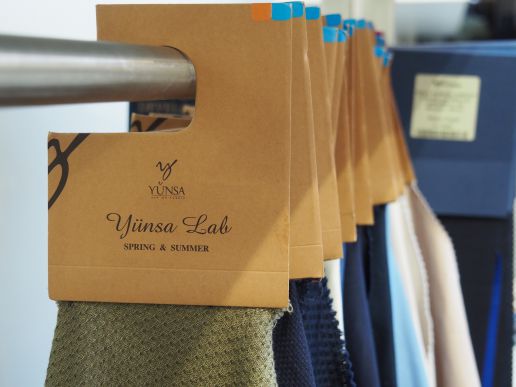
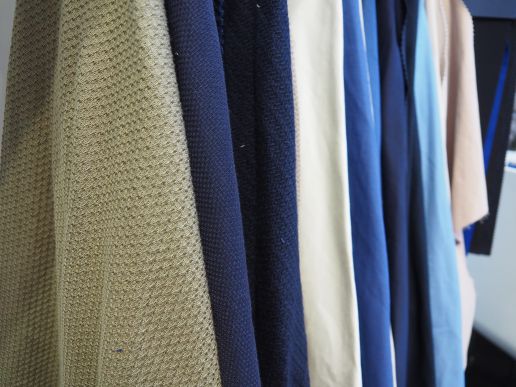
To what extent do you believe this is the future of production sampling for fashion?
Digital workflow is the real future of the fashion industry. We believe all parties of the fashion industry will experience the digital transformation in 3 to 5 years. Brands and suppliers who provide digital solutions will gain a significant competitive advantage over those that remain static.
What results have you seen in terms of cost and waste reduction?
Not much at the moment. As the majority of the industry is only at the stage of observation, alongside the digital versions we are still preparing the Yünsa collections and customer requests by traditional production means such as handlooms, blankets and sample meters, we haven’t seen a significant cost or waste reduction yet. Brands need to understand the benefits of this future workflow and start digital transformation instead of waiting others to step forward. Yünsa is ready to serve fully digital.
What are the benefits to the environment by embracing this new sampling process?
Digital workflow is clean and environmentally friendly. Expected minimum 40% sample production reduction means less dye stuff and chemical usage, less fabric waste, less energy & water consumption, less carbon release. I always use the “miraculous” expression for wool as the main raw material we use in Yünsa; natural, renewable, biodegradable, insulator, breathable, flexible, resistant and safe. Digital workflow is also miraculous; sustainable, eco-friendly, cost conscious, fast, standardized, precise.
Visit Yünsa at MUNICH FABRIC START on February 4-6 2020 in Munich, Section 1, Stand F103
BLUEZONE Driving ECOISM in the Denim Industry
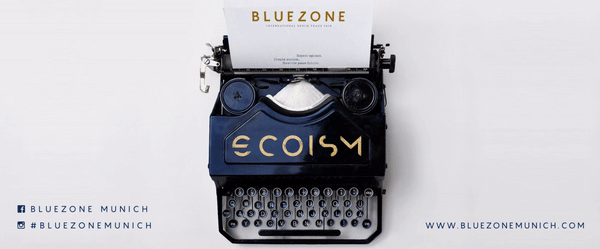
Transparency, environmentally friendly production and innovative textiles: the denim industry deals with new challenges – which are faced as an optimistic international blue network.
With over 100 major international brands, the BLUEZONE has positioned itself as the initiator of an outstandingly strong and innovative denim community. Answering to a conscious consumerism approach and a growing interest for ready-made solutions, offering future-oriented products, state-of-the-art technological processes and complex functionalities.
“As we and the entire industry strive for continuous improvement, BLUEZONE presents the latest developments in the denim sector cross-seasonal. As one of the world’s leading denim shows, which has long been providing environmentally conscious solutions to the industry, BLUEZONE’s success is the result of joint efforts and a willingness to change and take new initiatives.”
Panos Sofianos, Denim Curator BLUEZONE
Reject egoism, follow ECOISM – the current BLUEZONE stands for a call for togetherness and collaboration for the good of our planet. With our ECOISM movement, we, as a blue community, show the upheavals in the industry and solutions related to climate change.
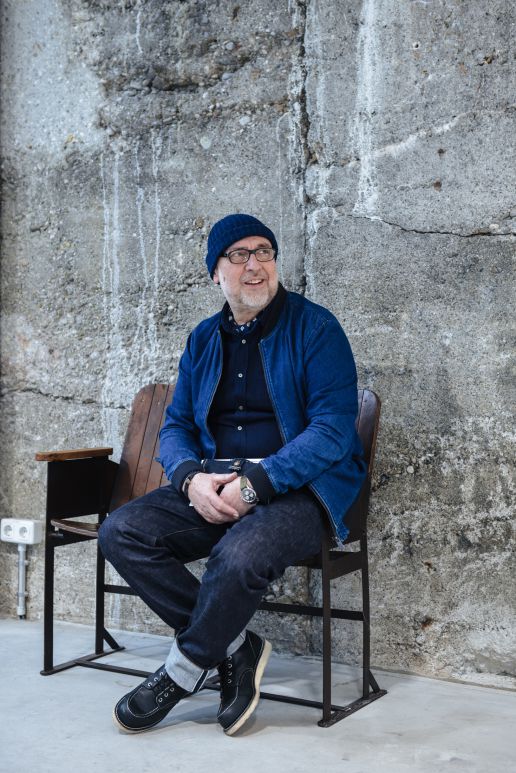
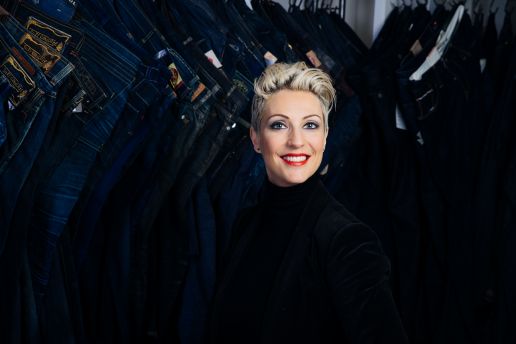
These and other relevant themes for the denim market will be deepened in numerous lectures and international panel discussions on the long wooden panel in the centre of the BLUEZONE, which offers space for direct exchange and personal dialogue.
“I deeply believe that our world needs a strong change. We cannot use all the resources our planet has given us. If our statesmen cannot show us the way for a better world, then, WE need to show them how to achieve this. By being altruistic, consuming less, and focusing on other’s wellness, rather than on our own material comfort.“
Lucie Germser, Monsieur T.
BLUEZONE: 4 – 5 February 2020
MUNICH FABRIC START: 4 – 6 February 2020
New Icon Guidance System to increase Transparency
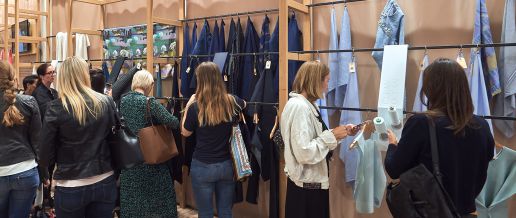
Answering to the theme of innovation driven by THRIVABILITY, MUNICH FABRIC START has developed a new icon guidance system with which all material highlights presented in the trend forums are marked according to their sustainable as well as technical functions. In this way, trade fair visitors can quickly and clearly see what additional product features and functions the shown fabrics and ingredients have.
Each of the 44 icons indicates a specific characteristic related to the sustainability or performance of the respective product. With the help of these icons, manufacturers can highlight the added value of their products and at the same time make it easier for interested buyers to navigate through the increasingly vast range of products on offer.
“With our new icon guidance system, we are highlighting the interface between contemporary aesthetics and invisible but important advanced product features. In doing so, we see MUNICH FABRIC START neither as a certification body nor an audit agency – for the given classification, we rely on the information and honesty of the respective supplier of the corresponding samples. We are thus taking an important step towards information, transparency and responsible action in the interest of the industry.
Jo Baumgartner, Fabrics & Trends MUNICH FABRIC START
In this sense, all specific properties such as eco-labels, social standards, performance indicators, limit values, chemical ingredients, etc. must be verified again with the respective provider. In the trend forums at MUNICH FABRIC START, you will find the icon legend with the corresponding explanations and meanings behind all of the icons.
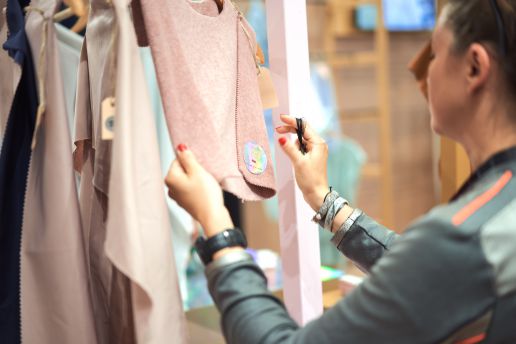


View Expands on Sustainability
From the 3rd – 4th December 2019, VIEW Premium Selection will showcase the first material developments, qualities and colour tendencies for the new SPRING.SUMMER 2021 season a few weeks prior to MUNICH FABRIC START. TEXCART, TEJIDOS ROYO, LANIFICIO ROMA, DUTEL CREATION and BORNEMANN ETIKETTEN are among our exhibitors who will join the expanded presentation of sustainable fabrics and accessories showcased at VIEW:
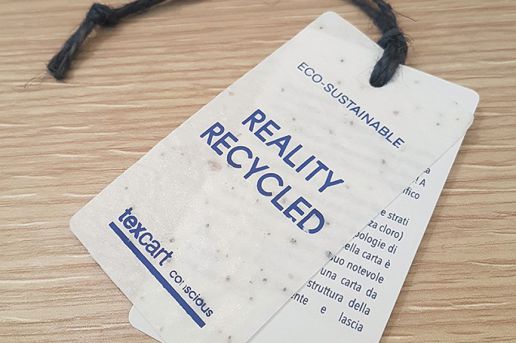
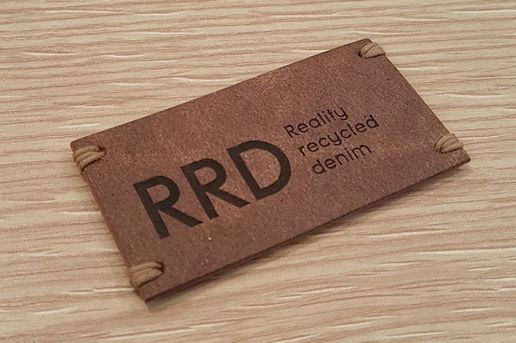
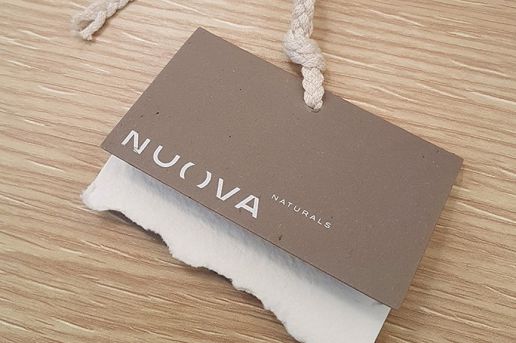
What does it mean to your company to take more responsibility in terms of micro plastic and overconsumption?
TEXCART: It has been our focus for the last 5 years, starting with the materials we use on a daily basis; boxes, envelopes, general use paper, collection boards, stickers, where possible these are made in recycled paper and recycled material. In terms of over consumption, we care about enacting change and so we typically produce our articles on demand to reduce leftovers.
TEJIDOS ROYO: With the pioneering DryIndigo® technology developed by Spanish manufacturer Tejidos Royo, it is now possible to use 0% water in the denim production process. This is a real milestone in the textile industry. It also reduces energy consumption by 65% during manufacture, uses 89% less chemical products, and completely eliminates waste water discharge. As a result of implementing DryIndigo® technology in 2019, Tejidos Royo has saved more than 1 million litres of water used in denim dyeing. The economic contribution from the first million litters saved has been donated to UNICEF for its water and sanitation programmes which improve the lives of thousands of children around the world.
DUTEL: For the last 2 years, Dutel has been developing a sustainable range called ‘PURE’ which uses recycled polyester warp and organic cotton weft yarns. We plan to swap all our polyester warps into recycled ones. The challenge is to make an entirely sustainable collection and to source the serious reliable suppliers with traceability. For years we have collected and recycled any waste in our factory. As well, a new air conditioning system has considerably reduced our electricity consumption.
BORNEMANN: Besides providing sustainable labelling solutions for our customers, we aim to optimize our internal processes as well. By digitalizing our documentation, working on rapid prototyping and investing an increasing amount of time and effort in digital sampling we are reducing input of resources on various levels.
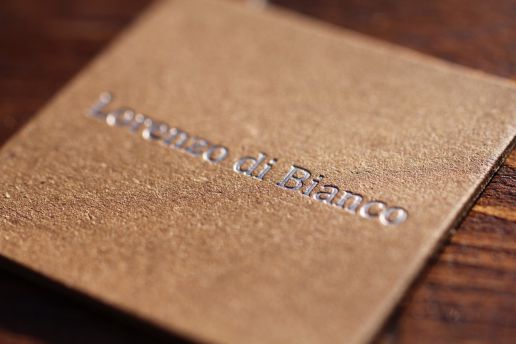
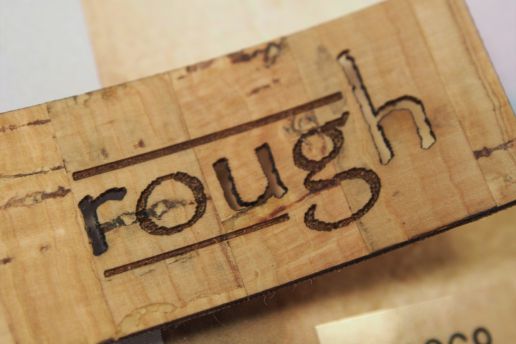
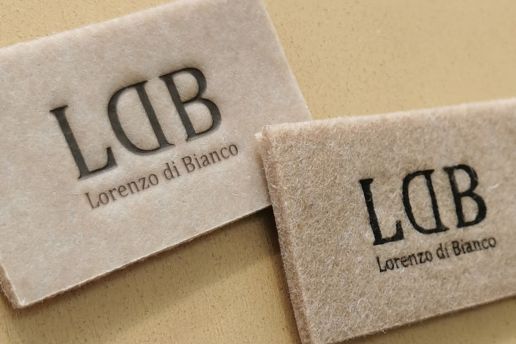
Tell us about the latest collection you are exhibiting at VIEW?
TEXCART: Our collection, as usual, will be complex and composed of several articles produced in a variety of materials, techniques and designs. We have prepared different themes which follow the tendencies but also in sustainable and recycled materials and as always we will feature a range of denim accessories. We are continuously updated in terms of tendencies, new techniques and materials, especially in sustainable and eco-friendly news through our large network of professional partners.
LANIFICIO ROMA: At Lanificio Roma we are sensitive to the use of recycled yarns, many fabrics of the latest collection are eco-sustainable. The qualities in our eco-cotton and viscose ECOVERO are made with sustainable yarns.
DUTEL: Summer 2021 by this jacquard specialist makes the most of shiny effects on vibrant, crunchy surfaces. Taffeta and voile grounds are enriched with transparent shines with a cellophane crunch. The colour palette is built on whites and pearly whites. Surfaces are covered with iridescent yarns to create hairy effects. Lightweight, cotton-like jacquards are lit up with a pearly sheen, patterns resonate thanks to colourfully iridescent yarns. Filigree or bold florals paired with bright stripes are enhanced with a colourful gleam.
BORNEMANN: We present our latest developments for Women/Menswear Denim, Modern Casual and Workwear. The challenge of workwear lies in combining fashion and function, materials need to fulfil certain standard specifications. Among other items, we are showing several flame-retardant products, woven, printed and silicon that stand up to current norms.
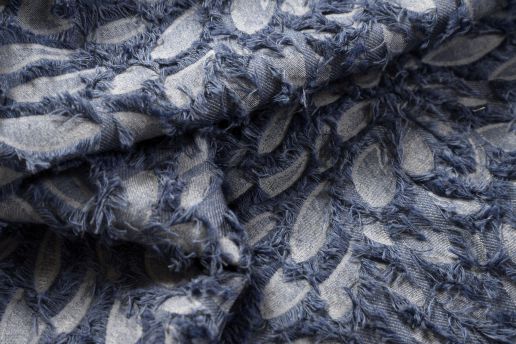
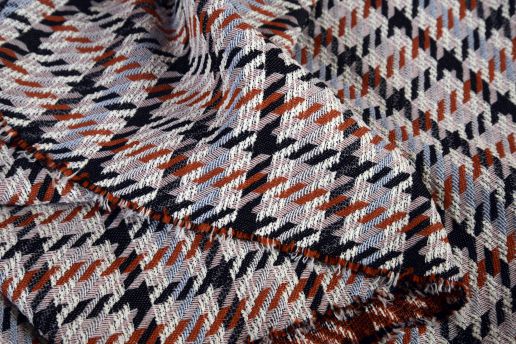
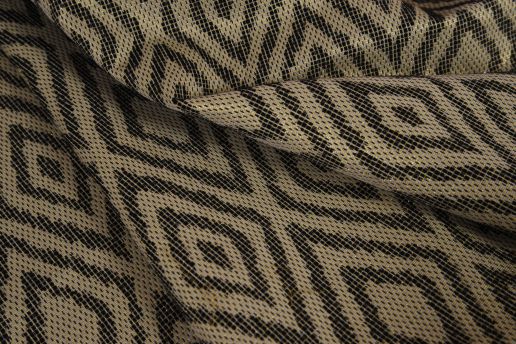
Shop less, waste less, produce less. What are the biggest challenges for you to continue to be successful and sustainable?
TEJIDOS ROYO: In the textile industry, we need to rework our processes to become a much more sustainable industry. DryIndigo is a major milestone in this area, and we hope that it inspires both the sector and the brands to develop more technologies that contribute to making our industry a much more responsible one towards our surroundings. We are facing the sustainable denim revolution and, with One Million Liters, we want everyone to take part in it so that, together, we can meet the United Nations Sustainable Development Goals before 2030.
LANIFICIO ROMA: We produce recycled raw material fabrics to offer significant benefits to our planet. We have created a new product with reduced water consumption, in order to fight the effects of the increase in pollution and excessive consumption. Our aim is to waste less and re-use production and consumer waste as new resources.
DUTEL: Our target is to offer top quality which is lasting over the years, especially for our ‘ALLURE‘ range which offer timeless, subtle textures and enlarges our offer for different customers types such as accessories, scarves, shoes, hats, but also kidswear. Produce less? No! To guarantee our business’ survival, we cannot produce less, but more instead offer more variety. Not to produce less, but produce better!
BORNEMANN: Balancing creativity, sustainability and efficiency seems to be the biggest challenge. In our day to day, this means we have to cooperate closely with our customers to understand their priorities. And, in the long run, work towards a situation where none of the three aspects are in conflict with each other. Digitalisation has a big impact on this, so mastering the challenges of digitalisation is our priority as a company.
